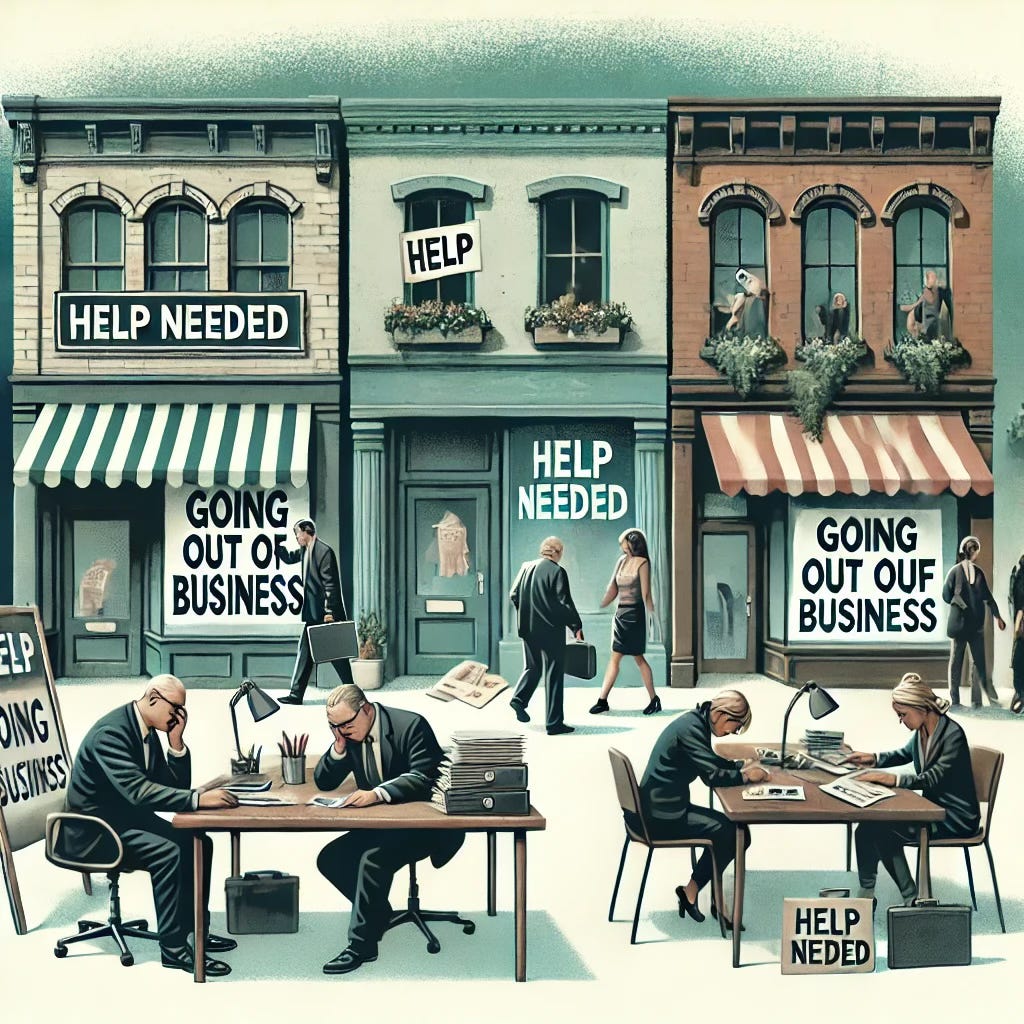Small Businesses in Crisis
Understanding SBA EIDL Loans: Their Importance and the Current Congressional Funding Status
The Small Business Administration (SBA) Economic Injury Disaster Loans (EIDL) program has long been a lifeline for small businesses in times of crisis. Designed to provide low-interest loans to businesses affected by natural disasters or economic disruptions, EIDL loans have proven indispensable for businesses striving to stay afloat. However, as economic challenges persist, the future of this critical program hinges on Congress’s willingness to allocate additional funding.
The Role of SBA EIDL Loans
EIDL loans are specifically intended to help small businesses meet working capital needs during emergencies. Unlike grants, EIDL loans must be repaid, typically with low interest rates and flexible repayment terms. This structure allows businesses to access immediate financial relief without needing to liquidate assets or seek high-cost financing.
During the COVID-19 pandemic, EIDL loans were instrumental in keeping countless businesses alive. From covering payroll to managing operating expenses, these loans provided stability amid chaos. However, the demand for EIDL loans has continued beyond the pandemic due to inflationary pressures, supply chain disruptions, and other economic headwinds.
The Need for Continued Funding
Despite their benefits, EIDL loans come with the inherent obligation to repay the borrowed amount, making them a careful investment for small business owners. Yet, the demand for these loans reflects the persistent need for accessible financial resources. Many small businesses, particularly self-employed individuals, gig workers, and 1099 contractors, rely on programs like EIDL to navigate periods of low revenue or unexpected expenses.
The expiration of pandemic-related EIDL loan funding has left a gap in resources for businesses experiencing ongoing economic strain. Small business advocates argue that reintroducing funding for the EIDL program is vital to ensuring economic recovery and resilience.
Impact of Hurricanes Helene and Milton
The recent devastation caused by Hurricanes Helene and Milton has further underscored the necessity of EIDL loans. In Florida, Hurricane Milton affected 34 counties, home to nearly 60% of the state’s micro, small, and medium-sized enterprises (MSMEs), employing about 4 million people and generating over half a trillion dollars in revenue. Similarly, in North Carolina, Hurricane Helene impacted 39 counties, affecting approximately 471,000 small businesses that employ about 1.1 million people and produce around $168 billion in revenues.
These disasters have left countless businesses in dire need of financial assistance to rebuild and recover. However, the SBA’s disaster loan program has exhausted its funds, leaving many applications in limbo. As of October 2024, the SBA had received around 37,000 applications for relief from those impacted by Hurricane Helene and 12,000 applications from those affected by Hurricane Milton.
Where Congress Stands on EIDL Loan Funding
The question of funding for the EIDL program is a contentious one in Congress. As of now, there is no definitive legislation aimed at renewing or expanding the EIDL loan program. Advocates for small businesses have urged lawmakers to prioritize this funding, emphasizing its role in supporting economic growth and protecting jobs. However, opposition arises from concerns about federal spending and the potential for increased national debt.
Some lawmakers have proposed targeted measures to renew EIDL funding, suggesting a focus on industries or regions most affected by economic disruptions. Yet, these proposals face hurdles in a divided Congress where fiscal responsibility is a hot-button issue.
The Bottom Line
SBA EIDL loans are not a handout—they are a lifeline that small businesses must repay. Their structured repayment terms make them a responsible and sustainable option for businesses seeking financial stability. However, the need for accessible funding remains urgent, and Congress must recognize the program’s value in supporting America’s small businesses.
As discussions continue, small business owners and advocates must stay informed and vocal about the importance of the EIDL program. Whether through direct appeals to lawmakers or collaboration with industry organizations, collective action will be key to securing the future of this vital resource.
The survival of small businesses—and the livelihoods they support—may depend on it.




